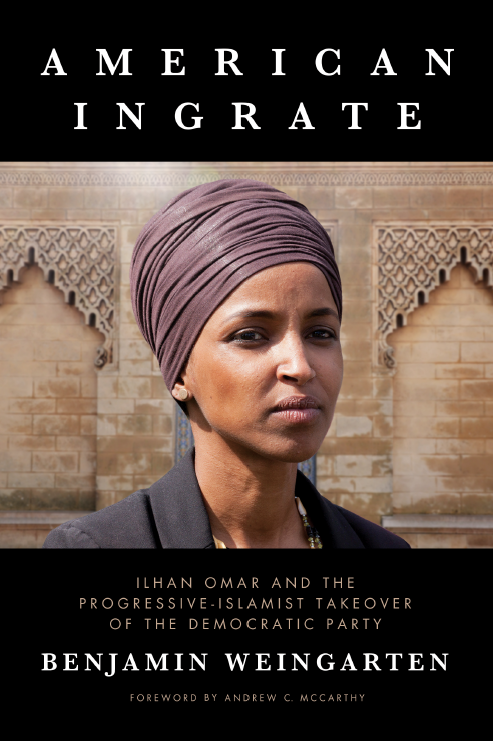In a wide-ranging interview with Blaze Books in connection with his just-released title, “The New School,” prolific professor Glenn Reynolds (aka Instapundit) provided his insights on the 19th century Prussian industrial model of education that predominates to this day, the bursting of the education bubble, sage advice for students, parents and academic institutions, his predictions for new models in education, and much more. Below is our interview which was conducted via phone. The interview has been edited slightly for clarity. If you missed it, be sure to check out our review of “The New School” as well.
Can you give a brief background for readers as to what compelled you to write “The New School?”
Reynolds: Compelled is kind of the right word. I really wasn’t ever planning to write anything significant about education. I mean you know I was a student and now I’m a professor and so I live in that world, but it was never anything I had much interest in writing about. But then I wrote a couple of newspaper columns on the higher education bubble, and I wrote a law review article about where legal education was going, and then I wrote a couple more columns about K-12 education, and then the reaction to all that stuff was huge, and it made me see that there was really a lot of interesting stuff going on that I didn’t feel like was being looked at at quite the right angle, which is to say my angle [laughs]…and I went ahead and did that.
Why should the man on the street pick up your book?
Reynolds: Well you know education is a big piece of the economy. Everybody talks about how you can’t get anywhere without education. We have over a trillion dollars in student loan debt. We have massive urban K-12 systems on the verge of collapse because students are leaving in search of something better. So it’s pretty important. We’re in the midst of a big social change. Most of the people who talk about it or write about it, focus on particular aspects of it. And I try to sort of provide a universal field theory on what’s going on.
I’m curious, when you were writing this book, had you read for example Charles Murray’s “Coming Apart?” Murray advocates that a lot of ails us stems from the culture. Culture is influenced by and then reinforces ideas. The education system of course is where people develop their ideas. Do you see a link between the problems in education and the problems throughout the rest of society?
Reynolds: I think that’s right. The book is not at all political, in sort of a left-right sense, but it’s certainly true that some of the problems we have come from having sort of an intellectual monoculture behind a lot of these issues. And one of the things that I think – the changes I describe in the book will be good about is that we’re gonna see a lot of diversity – and I mean real diversity in terms of educational models. And I think that’s all to the better. I think monocultures when you’re farming are bad because one pest can wipe out the whole thing, and intellectual monocultures are bad too because one bad idea spreads like wildfire and causes all kinds of havoc.




Leave a Reply